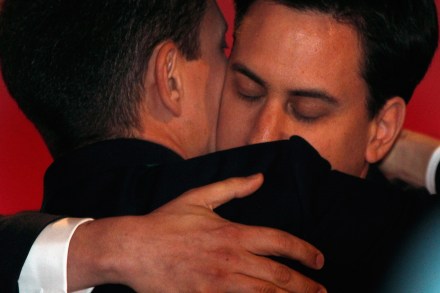The defeated brother delivers a winning speech
David Miliband’s address to the Labour conference ended as it began: with a standing ovation. Sentimentality and sympathy, perhaps – but it was also deserved. This was a speech that his younger sibling will be hard pressed to match tomorrow. Indeed, I doubt even MiliD has matched it himself before now It began, of course,



















